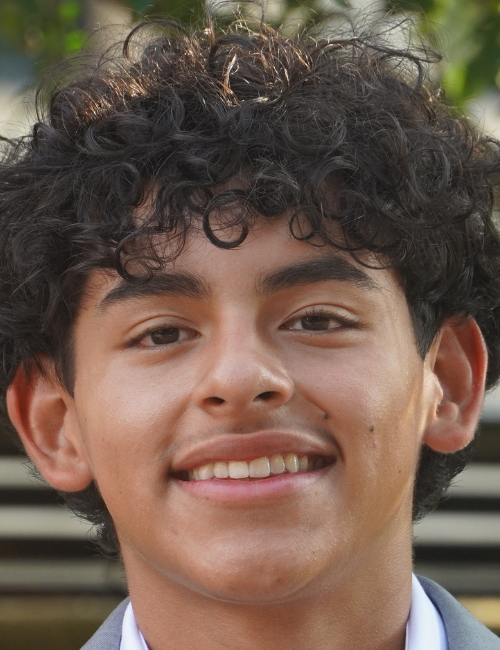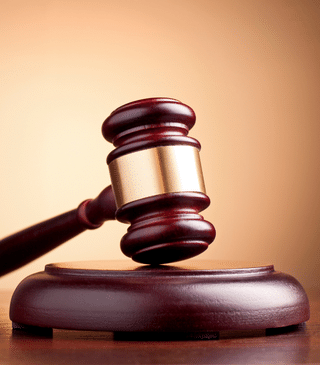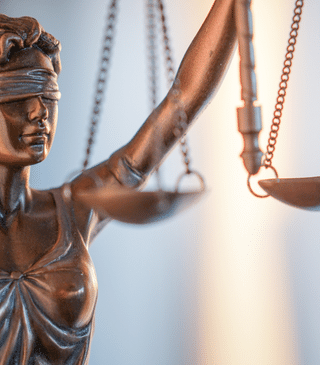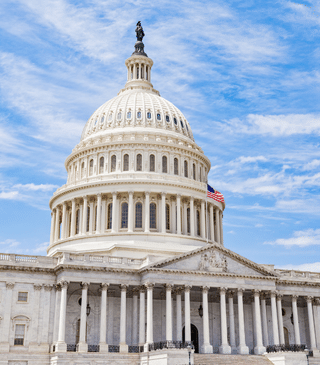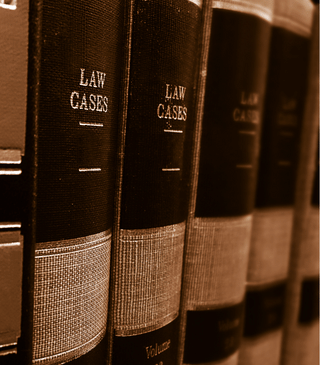Xander_Carrasco
My Law & Advocacy Training
My IRAA Motion
During this internship, I explored the various facets of the legal profession and discovered the critical role that writing plays at its core. As a legal intern, I wrote an Incarceration Reduction Amendment Act (IRAA) motion to reduce my client’s sentence from life in prison to time served.
Keah Beeftu of The Second Look Project walked me through how to write a proper motion in legal formatting and include all relevant content.
To develop the IRAA motion, I sifted through legal documents, exhibits, and case precedent and conducted client interviews. I compiled pertinent information to put into a comprehensive briefing containing reasoned arguments about why my client deserves a reduced sentence based on rehabilitation factors.
My Oral Argument Preparation
The Basics Of Oral Argumentation
To help the legal team prepare their IRAA Motion, I had to create a compelling argument on various sections of the briefing, including the client’s history, medical records, activity records, and rehabilitation, while critically evaluating their impact in the courtroom.
I learned about oral arguments from practicing attorneys and worked with my peers to develop effective legal strategies. This experience not only strengthened my public speaking and analytical skills but also my understanding of advocacy.
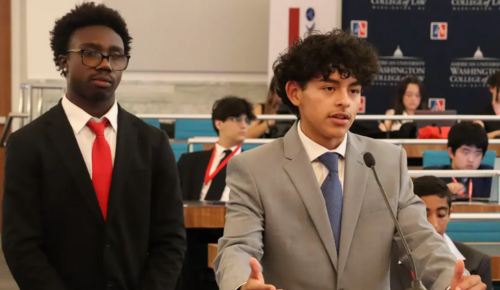
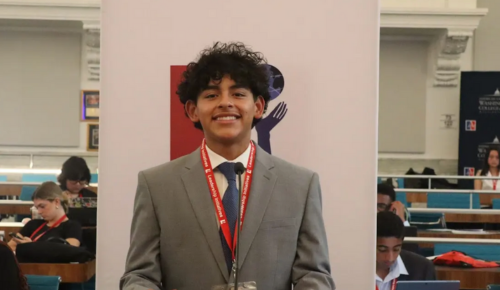
How We Prepared Our Oral Argument
At the end of the internship, I presented my argument and recommendations to strengthen the case to the legal team and my peers.
I presented different facts of the case and the mitigating factors that could influence the outcome of the IRAA motion and sentence reduction. This part was crucial in demonstrating our problem-solving skills and contributing meaningfully to the legal strategy.
This is important because now the legal team has a variety of different perspectives to include in the briefing and has recommendations for the client to improve their standing in court.
My Congressional Advocacy
Throughout the internship, I developed skills to effectively advocate on behalf of my client to congressional officials. To prepare for my meetings, I developed informative briefing materials with my team, which focused on improving the criminal legal system.
On Capitol Hill, we highlighted an issue within the criminal legal system to congressional representatives and advocated for possible solutions to the harrowing issues present throughout the system. My team and I worked to ensure we had facts, statistics, and compelling stories to share with our representatives. After our meeting, we followed up with our representatives to call for further action.
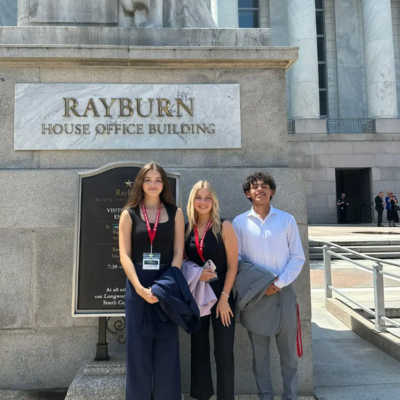
Internship Highlights
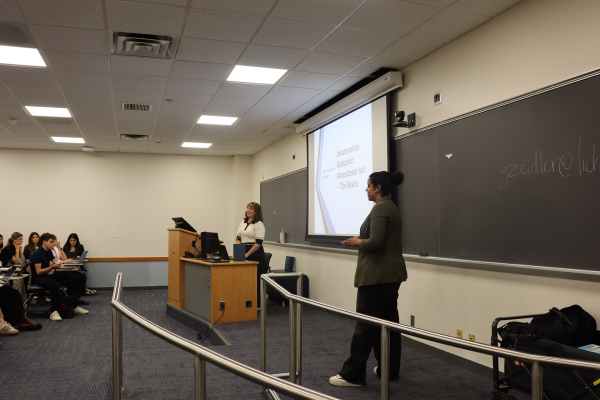
Guest Expert Keah Beeftu, an attorney with the Second Look Project, spoke with us about the importance of providing incarcerated individuals a meaningful second chance. At the Second Look Project, she advocates for people serving lengthy sentences by drafting and litigating briefs under the Incarceration Reduction Amendment Act, emphasizing rehabilitation, personal growth, and the need to address overly punitive sentencing.
I learned how legal advocacy can highlight stories of transformation and bring fairness to the justice system, while also working to reunite families and strengthen communities.
Her work at the Second Look Project demonstrated how lawyers can combine litigation, reform, and human-centered advocacy to challenge mass incarceration and create opportunities for justice and redemption.
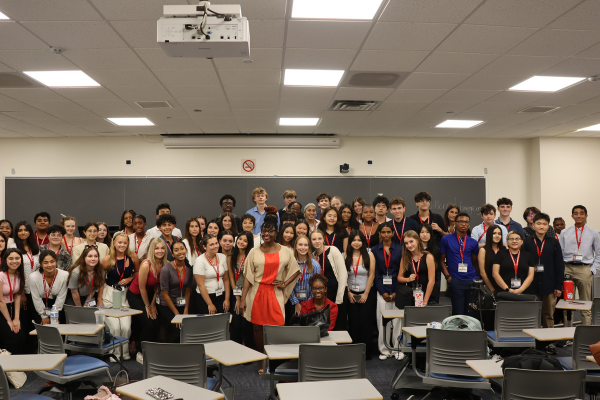
Ms. Shekhinah Braveheart is the Justice Policy Institute’s Advocacy Associate and focuses on bringing communities impacted by the criminal legal system to the forefront and ensuring they have a voice in policy reform.
Mr. Braveheart hosted a conversation about the importance of partnerships between advocates, the legal field, and the impacted parties and the challenges within the field of reform.
I saw the importance of equipping communities with the tools to engage in policy reform efforts and ensuring that those impacted have a voice in reform.
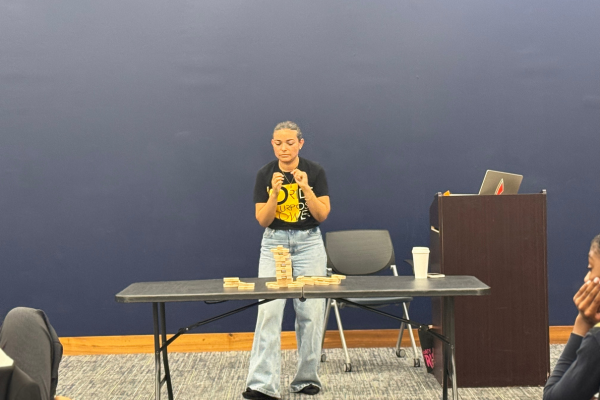
The D.C. Justice Lab & Black Swan is committed to advocating for second chances and youth justice reform in Washington, D.C. Their work is instrumental in framing sentencing and community empowerment.
During the Advanced Law and Justice Reform Internship, Naïké Savain offered a powerful overview of the history and evolving impact of sentencing reform in the District. She also provided insight into how legal and policy strategies are used to push for resentencing opportunities and systemic change.
I gained a deeper understanding of how motions for resentencing are structured and argued, and had the opportunity to ask meaningful questions about how these laws are being applied and reimagined in D.C.
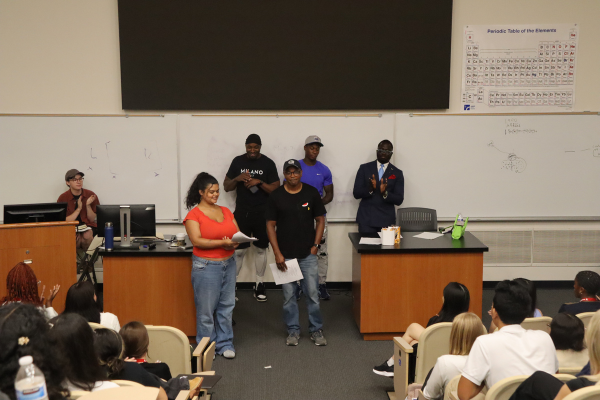
Poet Ambassadors from the Free Minds Book Club & Writing Workshop, a DC-based nonprofit that uses literature and creative writing to build community with incarcerated youth and adults, spoke with us about how Free Minds has an impact on currently incarcerated and returning citizens.
I learned about the importance of support systems during the IRAA and YRA processes and how Free Minds uses writing and book clubs as networks for people during and after incarceration.
The Poet Ambassadors have developed creative solutions to the issues that have ramifications on them and their communities which taught me to seek remedies for problems I identify.
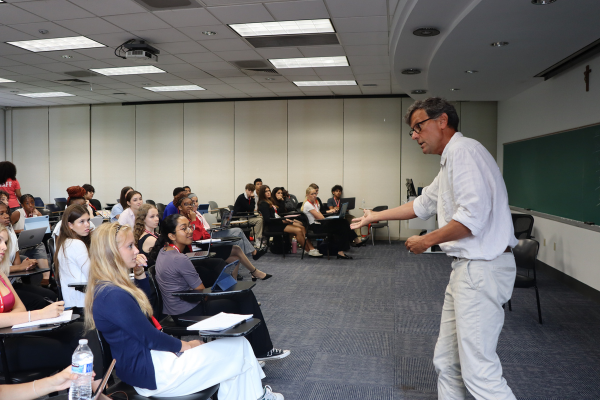
Guest Experts from leading universities, law firms, and advocacy organizations spoke with us about the many ways the law shapes justice, rights, and reform. Speakers included Peter Lodge from GWU’s School of Media and Public Affairs, Kristin McGough of Winston & Strawn LLP, Eddie Ellis from the Campaign for the Fair Sentencing of Youth, Aderson Francois from Georgetown Law’s Civil Rights Clinic & Voting Rights Institute, and Marc Howard of Georgetown University’s Prisons and Justice Initiative.
I learned about the importance of legal advocacy in areas such as voting rights, fair sentencing, and civil rights, and how experts across academia, law practice, and reform organizations contribute to building stronger systems of justice.
The Guest Experts have developed innovative approaches to longstanding inequities in the justice system, which taught me to think critically about solutions that can create more fairness, accountability, and opportunity in society.


